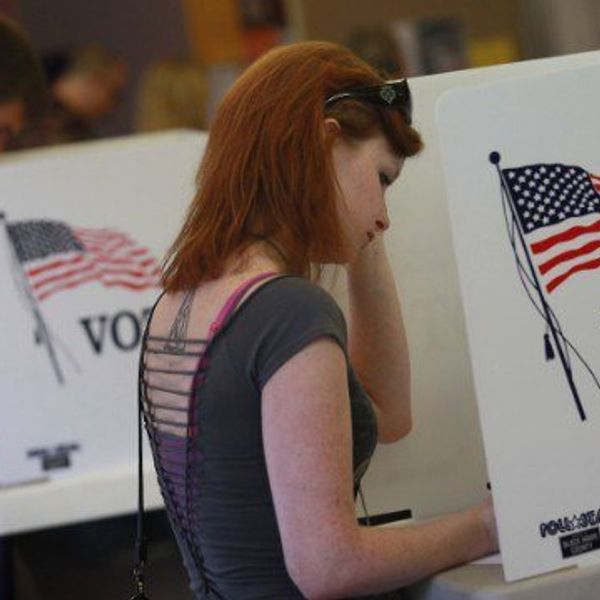If you are studying or once studied political science, you have your own laundry list of reasons as to why you chose to do so. Maybe you want to change the world; maybe you want to fight to keep it the way you like it now. There might be an issue close to your heart that you know you could champion and by doing so improve the lives of those it effects. You might be curious…about everything…and just want some way to find the answers to your questions. You’ve been a Liberal since you could spell the word, or knew you were Conservative once you knew what the word meant. Whatever your reason, you’ve tacked “political science student” onto every introduction, [insert bio here], and Facebook argument you could.
Now that 2016 has founded a political battleground on Facebook and in life you find yourself torn away from your original questions, strewn from your path to all the answers, and completely confused by all this information you have now targeted yourself as being the person to ask about. You have a choice—you can either blindly endorse the candidate with whom your ideas appear to be most aligned, or you can trudge uphill through the onslaught of information and understand that no one candidate will satisfy your laundry list entirely. The first is more conversational, the second is both more enticing and ultimately more aggravating if chosen—since all our votes are (hopefully) equal.
“Does Trump have a chance?”
“How do I register to vote?”
“Does Bernie have a chance?”
“Wouldn’t Bill just be in charge anyway?”
“What did I hear about the DNC being rigged or something?”
You’ll likely get some of these questions following your Facebook share of the updated caucus numbers. Dammit, you’ll say, now my uncle will inscribe the history of Reaganomics on the comments section. Angela will post the fire emoji and ask if I feel the “bern," and I will have to begrudgingly hit “like” on both to avoid any arguments. How can we remove ourselves from the politics of political science and think with a clear head?
Unfortunately, we can’t.
The classroom environment for political science courses changes once you understand that this field is not simply unemployment figures and Dow Jones decision-making, security assurance and diplomacy. Politics is a clash of temperaments. It is my idea verses yours. It is my idea, plus yours, equals ours—no matter the proportion. Politics is an unfortunate consequence of the study of political science as it is something we can never escape as students and must constantly engage in even though not all players in the game are necessarily of equal standing. You may know more about capital gains taxes than your neighbor but your vote for or against a candidate who would raise them is equal in our system. It is frustrating that in the end this difference doesn’t matter. This field is pragmatic in its sympathies, treating ideals and facts equally based on our [notion of, see Debbie] voter equality. Knowing this can either completely crush or ignite a fire under our inquisitive spirits.
Election season does have the potential to gray the area that we hoped would be black and white, to blur our view of what we thought our views were as opposed to our rivals. It could also, however, create one of the most interesting games we are allowed to play in our lives as political science students, one that provides a rat race of tests that can ultimately crystallize our own temperaments.
Add that to the laundry list.





















